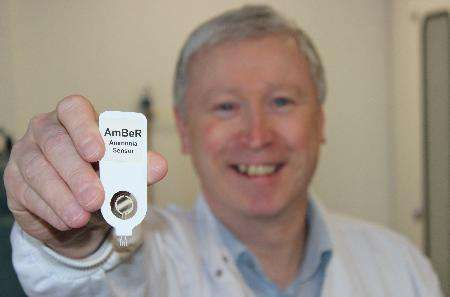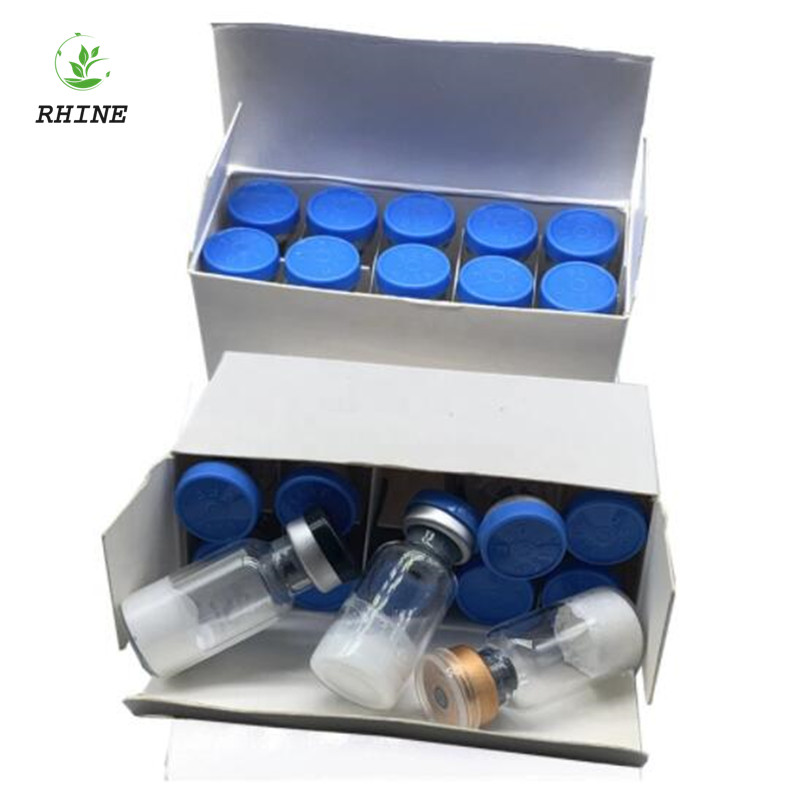British BreathDX has developed a device to detect ammonia levels in exhaled ammonia
Release date: 2016-03-01

Thanks to the UK's University of the West of England (UWE Bristol) designed a new breath test device, patients may not need to experience unpleasant blood collection in the future.
Professor Tony Killard of the University of the West of England has created this mass-produced sensor that detects ammonia levels in exhaled breath.
This device, called AmBeR, may be beneficial for patients who typically need to pass blood tests to detect ammonia levels. This technology will allow patients to more painfully and more accurately detect their ammonia levels, and a self-test version of the device is being developed to allow testing at home.
Professor Killard, head of the Department of Biomedical Sciences at the University of the West of England, said, "Ammonia testing in the blood is inaccurate and inefficient. In some cases, there are problems, especially when children have learning disabilities. For these patients, it is a major challenge."
“Nobody can accurately detect ammonia levels in exhaled air when not using large equipment. Although there are instruments that can detect ammonia, they are more expensive. This AmBeR device is better like a glucose test strip. Just use this test strip once and discard it when you're done. We're trying to be a business rule changer."
Professor Killard has set up a company called BreathDX to sell his creative products, and has received funding to study the application of AmBeR devices. The device is smaller than the shoebox and is currently being manufactured and will be undergoing clinical research in May of this year.
Professor Killard proposed the development of this device when researching new sensor materials based on nanomaterial technology. He developed a new ammonia gas detection material using a conductive polymer called polyaniline. By using this material to make polyaniline nanoparticles, he found it to be very sensitive and can be deposited in thin layers of only a thousandth of a millimeter thick using low-cost printing techniques.
Professor Killard said the technology could eventually be used to detect other trace gases in the breath to non-invasively monitor other diseases, such as diabetes.
Source: Bio Valley
In the fitness world, there are many definitions of peptide hormones, some of which are suggested to burn fat, build muscle, and improve athletic performance.

Our company provides professional fitness peptides, welcome to inquire

Pt141 Peptides,Lyophilized Powder,Bodybuilding Peptide,Peptides Melanotan 2
XI AN RHINE BIOLOGICAL TECHNOLOGY CO.,LTD , https://www.rhinebiotech.com
